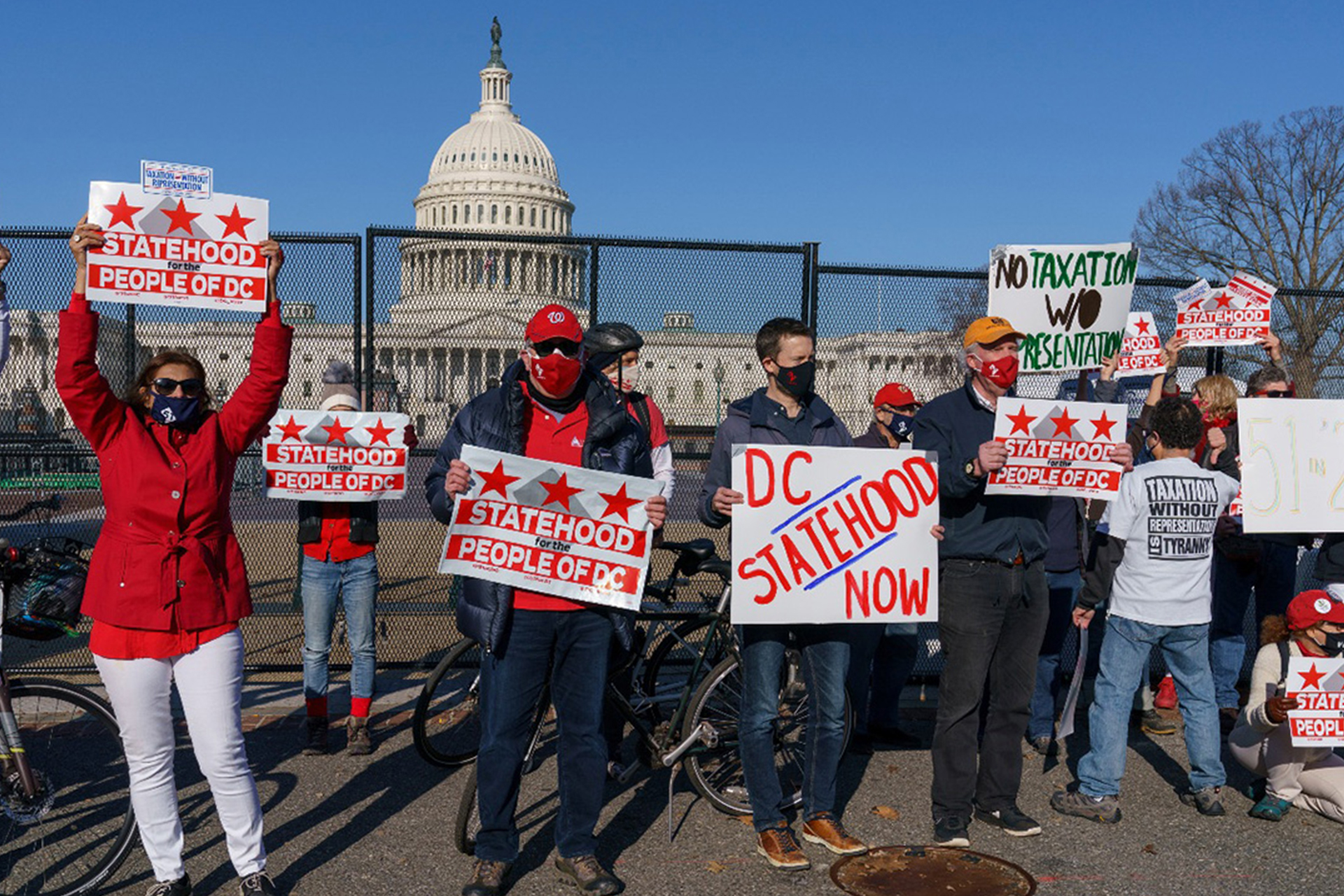On election day, the people of Puerto Rico will have no direct say in who becomes President of the United States. Puerto Ricans are U.S. citizens. They serve in the U.S. military. But as a territory and not a state, Puerto Rico has no Electoral College votes, and its residents have no formal voice on election day.
Yet Puerto Rico has already impacted the presidential election, and the influence of the Puerto Rican vote within the 50 states is expected to be a factor in November.
First, Puerto Rico’s presidential primary helped Mitt Romney clinch the Republican nomination. Not only did Romney win the Puerto Rican primary, but his opponent, former Senator Rick Santorum (R-PA), lost broader Hispanic support when he told a Puerto Rican newspaper that before the Island territory becomes “a state of the United States, English must be the principal language.” Puerto Rican Resident Commissioner Pedro Pierluisi struck back, calling Santorum’s view “narrow and limiting,” and explaining that “English is the predominant language in the U.S. and will continue to be so, whether Puerto Rico becomes a state or not.”
In Puerto Rico, both English and Spanish are official languages. Hawaii also has two official languages: English and Hawaiian.
The second factor in Puerto Rico’s national influence is the Puerto Rican population on the mainland. There are now more Puerto Ricans in the 50 states than in Puerto Rico, and their presence affects political strategies, especially in Florida where Puerto Ricans now outnumber Cubans in the Orlando area.
This fact has not gone unnoticed in the national Republican and Democratic Parties, who regularly appeal to Puerto Rican officials from both the New Progressive Party/NPP (pro-statehood) and Popular Democratic Party/PDP (pro-Commonwealth) to help garner Puerto Rican support in the swing state. This strategy was in full view during the recent Florida primary when Gov. Fortuno, a NPP member who affiliates with the national Republican Party, endorsed Mitt Romney.
On the Democratic side, PDP gubernatorial candidate Alejandro García Padilla was in Florida last weekend campaigning for President Obama. Resident Commissioner Pedro Pierluisi, a member of the NPP Party, was an early Obama supporter in 2008 and has continued to be an advocate in support of the President – as well as Democratic candidates for Congress – in Florida, showing that members of opposing Puerto Rican political parties can and do sometimes come together in national politics.


